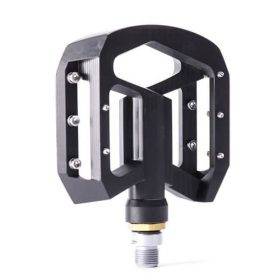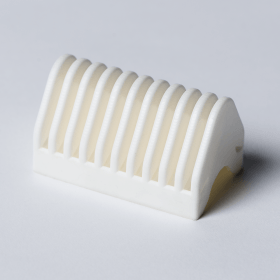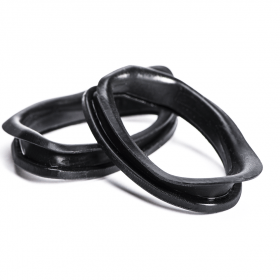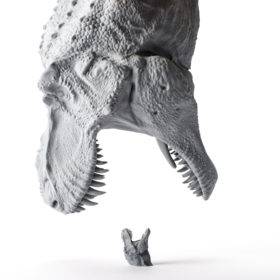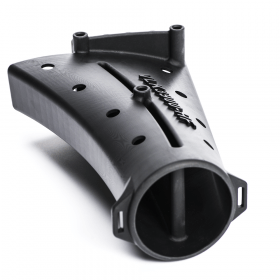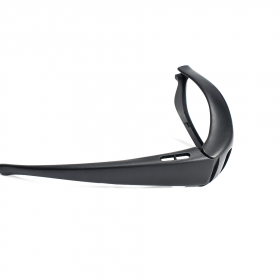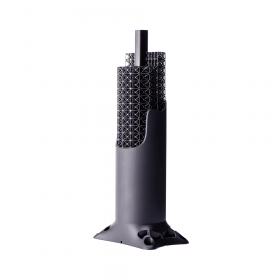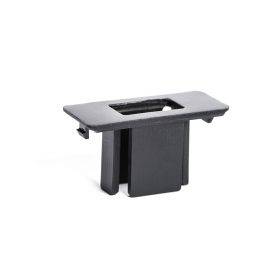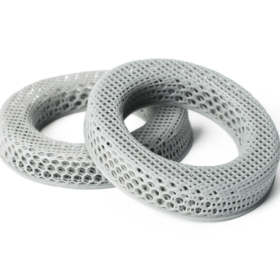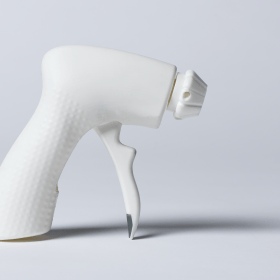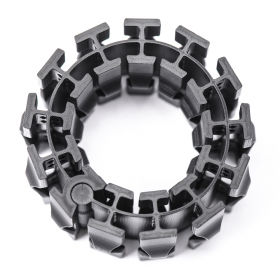Exceptional Speed and Mechanical Properties
Digital Light Synthesis™ or DLS, is an innovative breakthrough in 3D printing using digital light projection together with oxygen permeable optics developed through Carbon’s CLIP™(Continuous Liquid Interface Production) technology. Light is projected through an oxygen-permeable window into a vat containing UV-curable resin and cured via photo polymerization together with heat. DLS produces parts with exceptional durability, resolution, and surface finish. Parts can be printed 25–100 times faster with DLS than with conventional additive manufacturing, making it an attractive solution for projects with tight deadlines.
DLS works by projecting light upwards into a reservoir of UV-curable resin through an oxygen-permeable window. As a sequence of UV images are projected, the part solidifies from top to bottom and the build platform rises. The continuous liquid interface production (CLIP™) used during this process prevents layers from being formed within the part. Instead, oxygen prohibits light from curing the resin closest to the window (known as the “dead zone”), which allows the continuous flow of liquid resin beneath the printed part. Just above the dead zone, the UV light cures the part as it rises.
Once a part is printed using DLS, it is then baked in a forced-circulation oven. The heat sets off a secondary chemical reaction that causes the material to strengthen into its desired properties. Because the Digital Light Synthesis process does not print layer upon layer like traditional additive manufacturing, the surface of the parts is very smooth and isometric, behaving consistently in all directions. This high-quality finish, combined with the chemical reaction from the heated oven, results in high-resolution parts with engineering-grade mechanical properties.
Dinsmore is proud to partner with Carbon to offer our clients this groundbreaking 3D printing service. With a diverse selection of engineering-grade materials available, DLS may be the process your application needs. Get in touch today, and let Dinsmore help you make the right 3D printing choice for your project.

